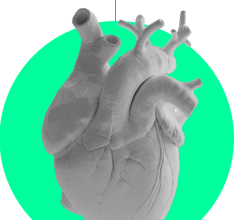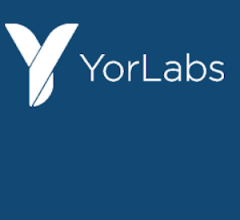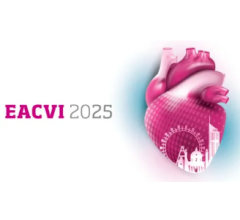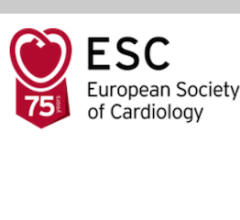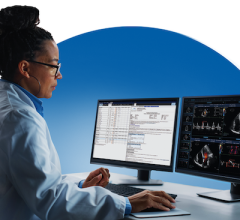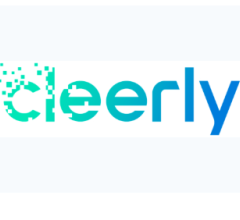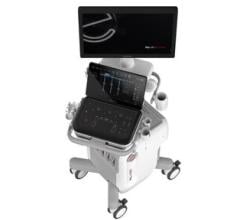
September 29, 2023 —Nano-X Imaging, an innovative medical imaging technology company, today announced that HealthCCSng, an AI-powered solution created by Nanox’s deep-learning medical imaging analytics subsidiary, Nanox.AI, was used in a clinical study evaluating routine CT scans and found that 58% of patients unknowingly had moderate to severe levels of coronary artery calcium (CAC), a proven indicator of future cardiac events. The study was sponsored by Nanox.AI and conducted by the Beilinson Hospital, one of the largest and most renowned multidisciplinary medical institutions in Israel, and utilized Nanox.AI’s HealthCCSng, an FDA-cleared and CE marked tool designed specifically for cardiac health assessment.
Nanox.AI’s HealthCCSng solution utilizes medical imaging data from routine chest CT scans to automatically quantify and analyze CAC category. CAC is the strongest predictor of future cardiac events, with patients in the highest category being over 20 times more likely to suffer a cardiac event. Many studies show a clear correlation between coronary artery calcium detected and severity of disease.
“The patients in this study received routine CT scans that had nothing to do with a cardiac concern. Nanox’s AI technology can enable physicians to route these unsuspecting individuals with high CAC levels to the appropriate care pathways and treatment,” said Professor Ran Kornowski, Director of the Cardiology Center at Beilinson Hospital, who lead the study with Prof. Ashraf Hamdan, director of the Cardiovascular Imaging unit. “While the study’s findings were staggering, we are encouraged by the important role AI can play in early risk identification and prevention of cardiac events.”
In the study, Nanox.Al’s HealthCCSng software was employed to assess Coronary Artery Calcification (CAC) levels from non-gated, non-contrast chest CT scans. The software’s categorizations were subjected to qualitative evaluation by two radiologists who reviewed each case. Patient categorization included low (CAC 0-99), moderate (CAC 100-399), and severe (CAC > 400), with exclusions applied to individuals with certain medical histories or artifacts.
“We have integrated Nanox.AI’s HealthCCS solution within our HMO-owned (Clalit) teaching hospital, and the outcomes have been highly promising in terms of detecting previously undiagnosed patients with elevated calcium levels from routine chest CT scans. Even within our health-conscious population, we were able to identify a significant number of individuals with hidden cardiovascular disease and guide them onto the appropriate care trajectory,” emphasized Prof. Ashraf Hamdan, Head of Cardiovascular Imaging at Beilinson Hospital and chief investigator.
Among the 326 eligible patients who participated in the study from January to July 2023, 101 out of 326 (31%) exhibited severe CAC, 88 (27%) had moderate CAC, and 137 (42%) showed low CAC. Patients with severe CAC levels were referred to specialized preventive cardiology clinics for in-depth evaluation and treatment. Those categorized with low and moderate CAC were directed to primary care physicians for further assessment and medical optimization.
“HealthCCSng’s ability to detect hidden cardiovascular risks from routine CT scans offers a significant stride toward preventive cardiac care,” said Dr. Orit Wimpfheimer, Chief Medical Officer of Nanox.AI. “Given the global prominence of cardiovascular disease as the leading cause of mortality and the fact that nearly half of patients realize their condition only after an initial heart attack, leveraging such technologies for general population screening and early detection is absolutely imperative.”
Typically, CAC scoring may be attained on a cardiac-gated scan which subjects patients to additional cost and radiation exposure and is typically not covered by insurance companies. HealthCCSng supports clinicians in diagnosing patients with cardiovascular disease who were previously undetected, while stratifying such patients so that they can obtain the appropriate preventative cardiac care and treatment. As a result, patients can be placed on relevant care pathways to prevent or mitigate the chance of a future incident by detecting early signs of disease and estimating the likelihood of future cardiovascular events.
Nanox.AI solutions are developed to target highly prevalent chronic and acute diseases affecting large populations around the world, helping clinicians extract valuable and actionable clinical insights from medical imaging that might otherwise go unnoticed. These incidental or “hidden” findings can potentially initiate further medical assessment to determine whether patients may need additional preventive care. Beyond HealthCCSng, Nanox.AI’s portfolio includes an FDA-cleared imaging solution in bone health (HealthOST) and one in development for fatty liver disease (HealthFLD), which also use routine medical CT imaging to help physicians identify early signs of diseases, such as osteoporosis and non-alcoholic fatty liver disease. This enables further work-up and possible treatment, helping prevent potentially major, life-changing health events.
For more information: www.nanox.vision

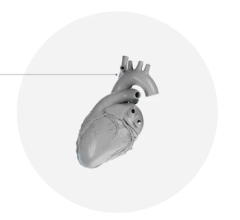
 January 28, 2026
January 28, 2026 
